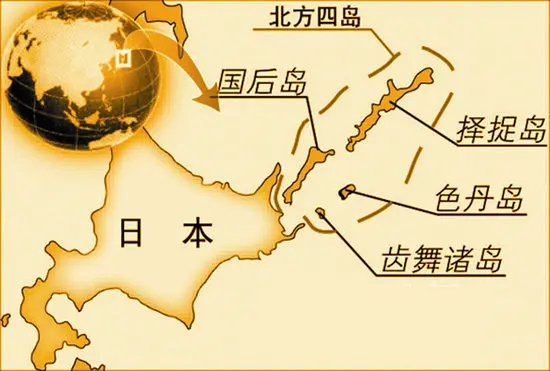Japanese Foreign Minister Fumio Kishida said Monday the government was hopeful that the outcome of U.S. President Barack Obama's state visit here starting Wednesday will reaffirm the two countries'bilateral alliance.
"What we expect to be the biggest outcome of the coming visit to Japan by President Obama is that the two leaders will show both at home and abroad that the Japan-U.S. alliance, which is vital for Japan's diplomacy, is undoubtedly unshakable and firm," Kishida was quoted as saying at a speech in Tokyo.
The summit between the two leaders scheduled for Thursdaywill cover regional security, the Trans-Pacific Partnership (TPP) free trade negotiations and bilateral cooperation and will mark the first state visit by a U.S. president since Bill Clinton in April 1996, said Kishida.
Kishida said that a bilateral pact between Tokyo and Washington to have the U.S. Marine Corps' Futenma Air Station relocated within Okinawa Prefecture, has also been tabled as a key talking point.
The delay in the base's relocation, which has irked Washington, has been caused by local opposition and has also been a stumbling block for the central government here.
The foreign minister has also confirmed the leaders' agenda will include Crimea crisis, geopolitical tensions in the Asia- Pacific region, as well as issues pertaining to the Democratic People's Republic of Korea's (DPRK) missile and nuclear programs.
During the summit, sources close to the matter said that Abe is expected to account for his ill-advised visit to the war-linked Yasukuni shrine on Dec. 26 against Washington's advise.
Abe's homage to the Yasukuni Shrine in Tokyo, which enshrines 2. 5 million souls including those of 14 Class-A convicted war criminals, is a painful reminder to Japan's neighbors of its brutal, militaristic rule during World War II and drew the ire of Washington, who insisted that Abe not make the visit prior to Dec. 26.
Abe ignoring Washington's advise drew harsh condemnation from the U.S. government, which in an unprecedented move said it was " disappointed" at Abe's decision, as it would only serve to provoke Japan's neighbors.
Abe sending an offering on Monday to the shrine by proxy on the occasion of its spring festival, while assuring that the prime minister won't visit the shrine in person during Obama's visit, may not sit well with Washington ahead of the visit, as the move was quickly lambasted by China and South Korea.
While Abe said he dedicated a "masakaki" tree offering to the shrine as a private citizen Monday, the shinto symbol was designated as from "Prime Minister Shinzo Abe," which sources familiar with the matter says refutes his "private citizen" claims and may undo some of Obama's efforts to mediate the first face-to- face talks between Abe and South Korean President Park Geun-hye at nuclear summit in The Hague last month.
The protracted TPP talks between Japan and the United States, which made little headway in Washington last week, will also be a key issue tabled for the leaders' summit, with both sides resuming working level talks Tuesday to find some common ground in the 11th hour, before Obama touches down the following day.
TPP Minister Akira Amari told local media Friday that both sides were still in a "stalemate" over key items and that "fairly big gaps" remain between the two sides, according to officials here, but Amari said there were still hopes that "steps forwards" could be made.
With the TPP talks supposed to have been concluded last year and member nations including the United States, claiming Japan has failed to live up to the "high ambition" of the TPP, as was originally outlined in the 2011 Honolulu Declaration, at which Obama and other leaders pledged a complete elimination of tariffs and flexibility on the matter from all member countries, the two countries will release a "fact sheet" concluding Obama's visit, sources here said.
Tokyo had originally hoped that the leaders' summit would conclude with a joint statement or declaration of the two country' s special alliance issued, but Chief Cabinet Secretary Yoshihide Suga said that while the alliance is likely to be reaffirmed, government officials said a "fact sheet" is expected to be issued, rather than a joint declaration, to provide a framework for ongoing bilateral cooperation between Japan and the U.S. in areas such as cybersecurity and space cooperation.
Sources close to the matter suggested that the remaining rift between Tokyo and Washington that has prevented the TPP deal from being concluded at the end of last year, has factored into an official joint statement or declaration not being issued by both sides.
Obama's four-nation Asian tour will also see the president visit South Korea, Malaysia and the Philippines after Japan.
 简体中文
简体中文





